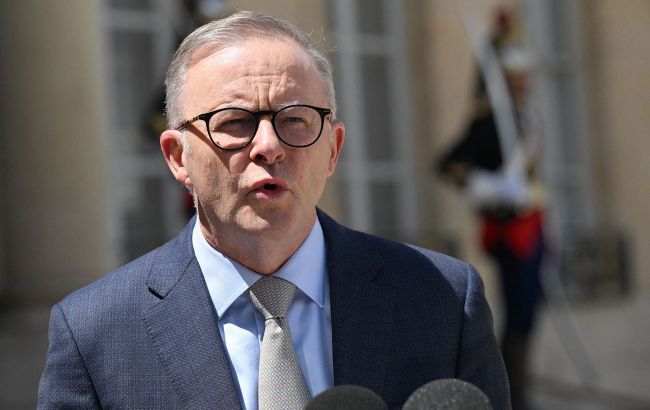US and Australia strike deal on rare earth minerals, challenging China
 Australian Prime Minister Anthony Albanese (Photo: Getty Images)
Australian Prime Minister Anthony Albanese (Photo: Getty Images)
The US and Australia have signed an agreement to boost the supply of rare earth and critical minerals, reports the BBC.
Australian Prime Minister Anthony Albanese said the deal will support $8.5 billion (£6.3 billion) worth of projects already ready for implementation and help expand the country’s mining and processing capacity.
Under the framework, the two countries will invest $1 billion in joint projects in the US and Australia over the next six months.
The framework document released by the White House contains few details, highlighting the sensitivity of the issues under discussion.
The US and Australia have been working on these matters since Trump’s first term, but Albanese noted that the new agreement will take the partnership to a new level.
Three types of projects and a plant in Australia
The Prime Minister also noted that the agreement aims to accelerate investment in three types of projects, including the creation of processing facilities in Australia with US capital participation.
Both countries have also agreed to cooperate on pricing, permitting, and government oversight of company and project sales in this sector.
Separately, the US announced plans to invest in building a modern gallium plant in Western Australia with a capacity of 100 tons per year, and is preparing around $2.2 billion in funding through the US Export-Import Bank to develop critical minerals projects.
The BBC noted that in recent months, the Trump administration had already announced several investments in companies such as the US rare earths producer MP Materials, as well as Canadian firms Trilogy Metals and Lithium Americas, which are implementing projects in the US. In exchange for support, the government acquired equity stakes in these companies.
Ahead of the meeting, shares of Australian companies, including Lynas Rare Earths, rose in anticipation of new investments. A few years ago, Lynas secured a contract from the US Department of Defense and is currently working on a project in Texas.
Australia is one of the leading suppliers of critical minerals. Still, like the US, it depends on China — its largest trading partner — for processing, which is necessary for industrial use of these materials.
Rare earth metals and China’s dominance
Currently, China controls about 70% of global rare earth metal production and 90% of its processing. These materials are used almost everywhere - from defense equipment to microchips and automobiles.
US companies rely heavily on these materials, making them vulnerable this year when China began restricting supply in response to new US tariffs and other trade tensions.
In June, Beijing resumed exports of rare earth minerals and magnets to the US, following negotiations with Washington on a new trade agreement.
In response, the US lifted restrictions on the supply of certain technologies, including some types of artificial intelligence chips.
On October 10, US President Donald Trump criticized China, stating that Beijing has been sending letters to countries worldwide declaring its intent to impose export controls on all production elements related to rare earth metals.

